Christmas Markets (Weihnachtsmärkte)
If you’re a fan of the festive season, then Germany is arguably the best place in the world to be at this time of year.
That’s because one of the great things about Germany during the winter is its iconic Christmas markets.
Almost every town, from bustling Berlin to quaint Rothenburg ob der Tauber, seems to transform into a festive wonderland, as Christmas markets spring up everywhere across the land from late November.
READ ALSO: 8 of the quirkiest Christmas markets in Germany
With their twinkling lights, scrumptious seasonal treats, handcrafted gifts, decorations, and aromas of roasted chestnuts and gingerbread, visiting a German Christmas market really is a magical thing to do at this time of the year.
Glühwein
A crucial element of any good Weihnachtsmarkt is a hot mug of Glühwein (mulled wine).
But the consumption of this quintessential German winter drink is by no means limited to Christmas markets. From October onwards, most bars and cafes start offering this delicious, warming alcoholic drink, to help warm the cockles on a cold winter day.
READ ALSO: 5 things you need to know about German Glühwein
For those who don’t know: Glühwein is made by warming red wine with spices such as cloves, cinnamon, and aniseed, often sweetened and sometimes spiked with rum or brandy to make a warm, comforting hug in a mug.
Winter hikes
From dense forests and soaring mountains to rolling hills and expansive lakes, Germany boasts an impressive variety of landscapes.
In winter, these natural wonders take on a whole new beauty, especially when graced with a layer of crisp, white snow.
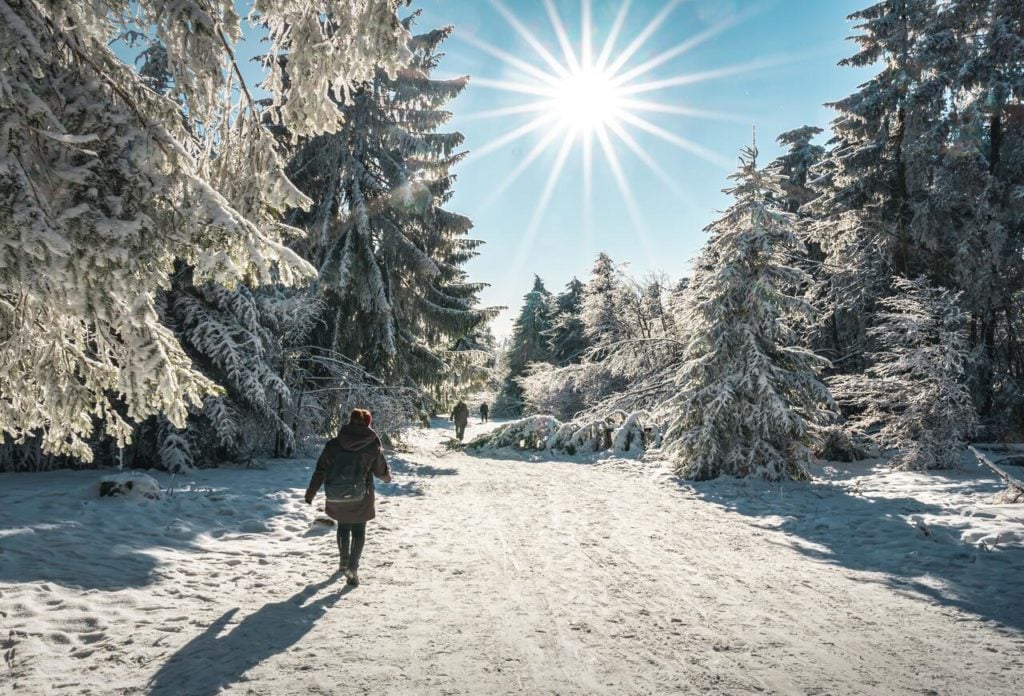
Regions like the Black Forest, the Harz Mountains, or the Bavarian Alps become serene winter wonderlands, ideal for invigorating hikes. The crisp winter air, pristine white landscapes, and the crunch of snow beneath your boots make hiking in winter a wonderful thing to do.
Saunas and Wellness
Germany has a rich spa culture, and there’s no better time to indulge than winter.
As the cold sets in, locals and visitors alike flock to saunas, thermal baths, and wellness centres. Whether it’s the steamy rooms of traditional saunas, the mineral-rich waters of the country’s many thermal baths, or a snow-cooled plunge pool, Germany offers an array of options to warm up and rejuvenate in the colder months.
Some particularly nice hotspots to visit are the Vabali spas in Berlin, Düsseldorf and Hamburg, which offer Balinese-style oases amidst the urban sprawl, with multi-leveled relaxation with steamy saunas and outdoor pools.
Meanwhile, in the historic town of Baden-Baden, the Friedrichsbad offers a Roman-Irish bath experience, guiding visitors through a therapeutic 17-step ritual.
Unique winter traditions
Winter in Germany is steeped in traditions that go beyond its famous Christmas markets.
One such tradition is the celebration of Saint Nicholas Day on December 6th, where children wake up to find their shoes filled with treats if they’ve been good, or twigs if they’ve been naughty.
The chilling tales of Krampus, a horned creature who punishes misbehaving children, also come alive in certain regions during early December, with Krampus parades featuring participants in elaborate costumes.
Another custom is the observance of “Dreikönigstag” or Epiphany on January 6th, marking the end of the festive season, where children dressed as the Three Wise Men go from house to house, singing and collecting donations for charity.
Winter Sports
From skiing and snowboarding on alpine slopes to cross-country skiing through serene forests, there’s an activity for every level of winter adventurer in Germany.
READ ALSO: 7 amazing places to ski in Germany this winter
Skiiers and snowboarders can find snowy slopes in the Bavarian Alps as well as serene trails in the Black Forest and the Thuringian Forest, which are perfect for cross-country skiing.
Meanwhile, venues such as Königssee and Winterberg offer thrilling experiences for bobsleigh and luge enthusiasts.
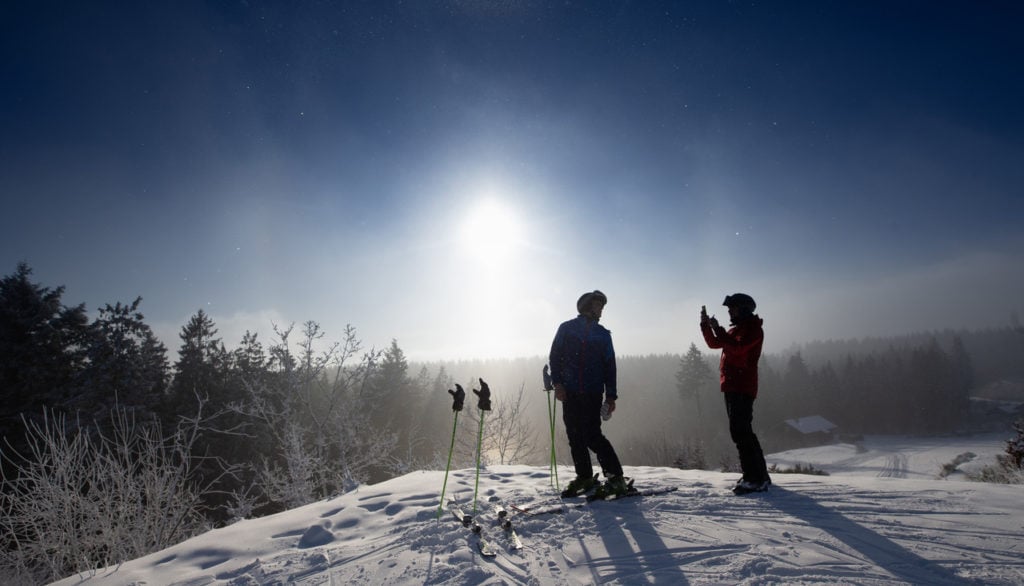
Urban also settings become home to winter sports enthusiasts too, as Berlin’s famous ice rink at Alexanderplatz, Munich’s Karlsplatz Stachus Eiszauber, and the DEG-Winterwelt on Düsseldorf’s Königsallee encourage residents and tourists lace up their skates to glide across the ice under twinkling lights.
Comfort Food
Germany’s traditional cuisine is nothing if not hearty and rich, perfect for warding off the cold.
READ ALSO: 10 classic sweet treats to try at least once in Germany
During winter, indulge in classic dishes like bratwurst, Sauerbraten (a pot roast, usually of beef), and hearty stews. For the sweet-toothed, there’s nothing like biting into a slice of Stollen, a traditional fruitcake packed with nuts, spices, and candied fruit or a Lebkuchen – a tasty gingerbread treat often covered in chocolate.

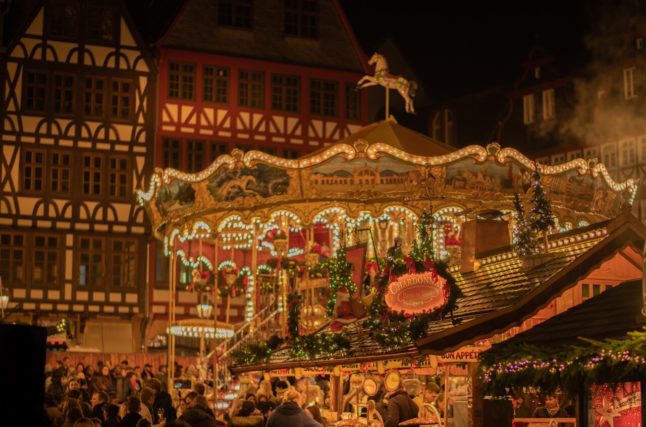
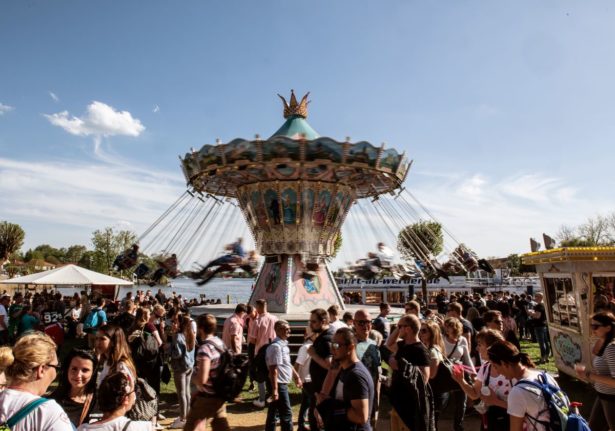
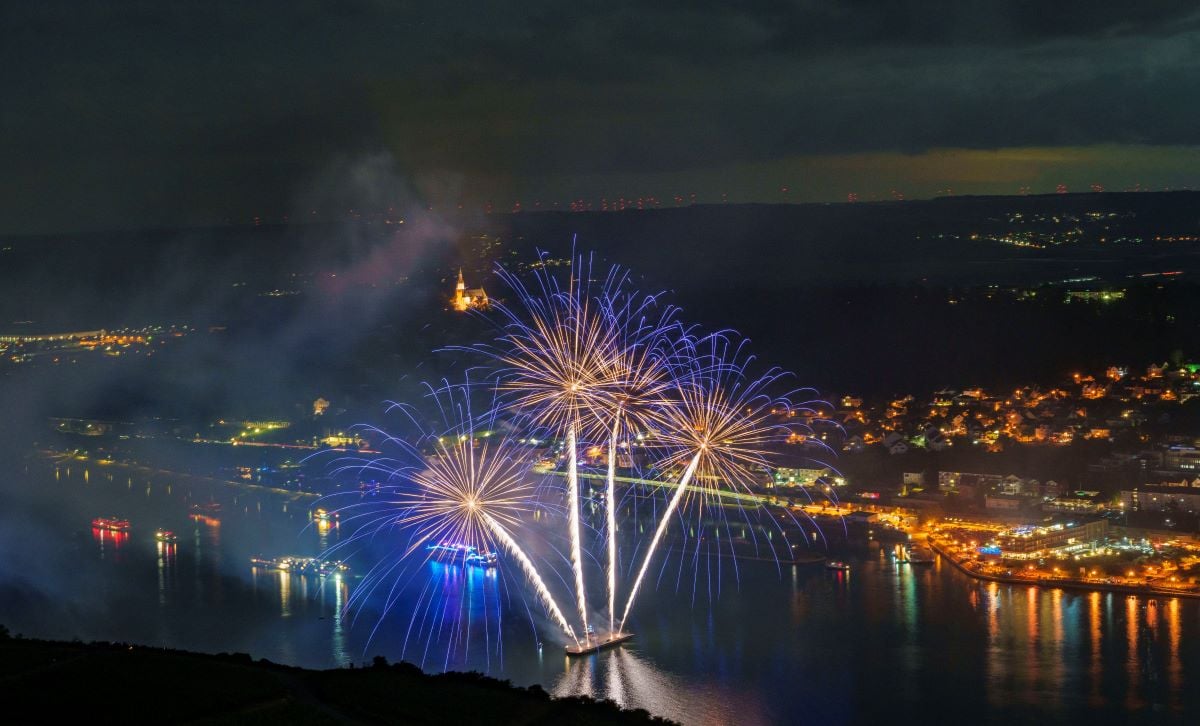
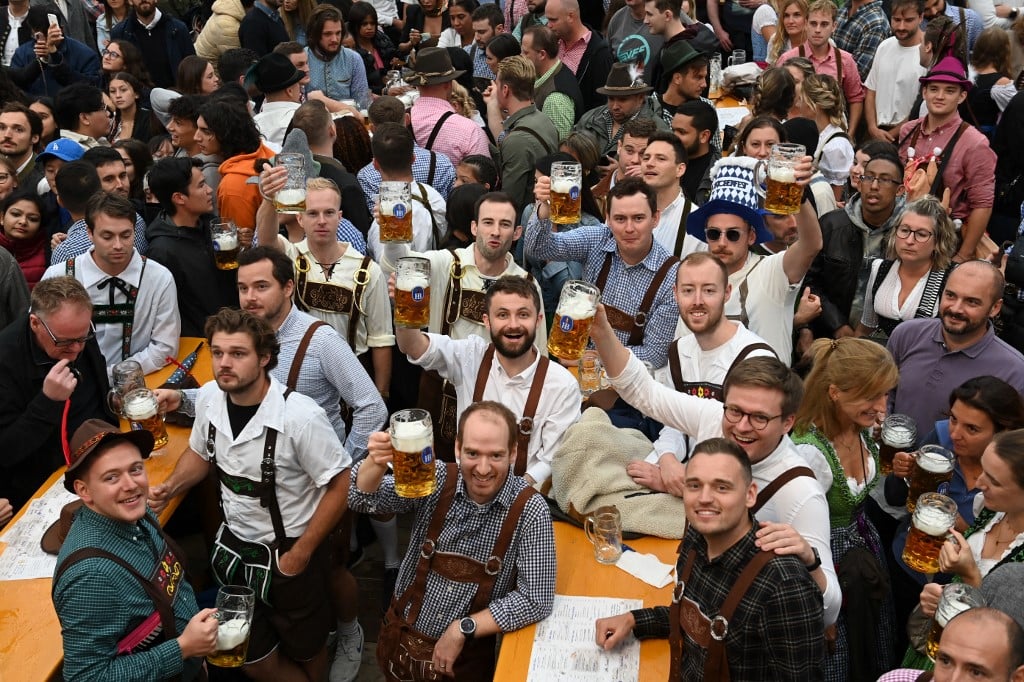
 Please whitelist us to continue reading.
Please whitelist us to continue reading.
Member comments